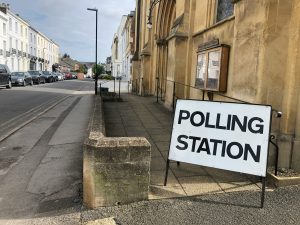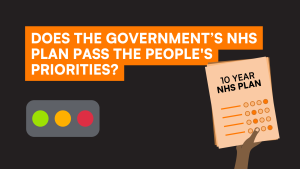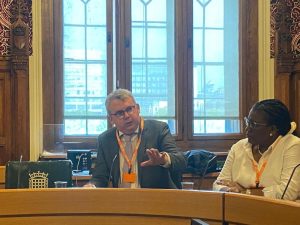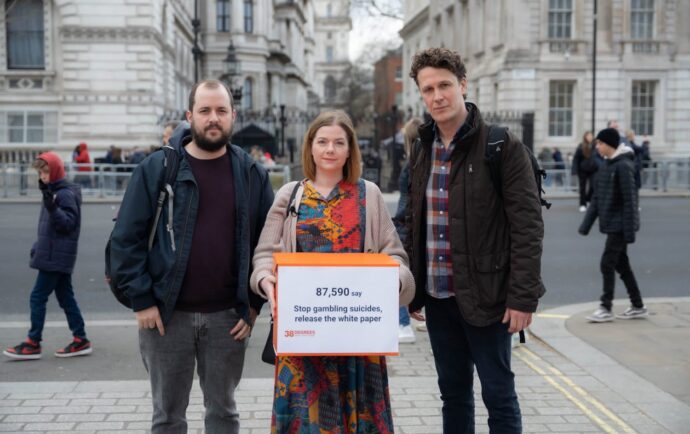
Apr 4th, 2013
Energy Bill: Experts reply to MPs
By [email protected]
The energy bill campaign is in full swing. So far, almost 23,000 38 Degrees members have written to their MP to ask them to sign up to a cleaner energy future. Tim Yeo MP has submitted amendments to the energy bill currently going through parliament which would ensure a firm decarbonisation target becomes UK law. George Osborne and the government oppose it – but experts from across civil society agree that this target is vital.
Some MPs have written thoughtful, reasonsed responses to their constituents – but some MPs have been using the same well-worn arguments to explain away their refusal to support Tim Yeo’s vital amendments. Greenpeace and Friends of the Earth have compiled two brilliant guides to countering some of these common replies.
Excerpts are below. Thanks Greenpeace and Friends of the Earth!
Responding to Conservative MPs – Friends of the Earth
“First, let me assure you that the government is committed to setting a decarbonisation target.”
How we wish that were true. In reality, nothing in the Energy Bill or the government’s amendments commits them to setting a decarbonisation target either now or in the future.
“The government recently laid amendment to the energy Bill to enable a legally binding decarbonisation target for the electricity sector to be set in 2016.”
This is very sneaky wording. The government recently laid amendments are in reality a step backwards. Here is why:
No commitment:
-
They outlaw any target for the power sector being set before 2016, but do not commit the government to setting a target after. It just says a carbon target for the power sector can be set in 2016 at the earliest but does not have to be set in that year – or have to be set at all.
No decarbonisation:
-
Even if a target was set, it would not have to be a target to clean up the power sector. According to the government’s proposals, a target can be set at any level of ‘carbon intensity’ (meaning how many climate changing carbon emissions can be created for each unit of electricity produced ) and the target doesn’t have to be met by 2030, or any other date.
This means that the Government could set a target so high that allowed them to build 40 new gas power stations as George Osborne is pushing for in his reckless campaign for a new dash for gas. The proposals are so weak they could technically even set a target for electricity to be more polluting than it is today. When former Government Energy Minister John Hayes was asked by MPs in January if there could be any limit on what the target could be added to the amendments, he gave a flat out no.
“Powers to set a decarbonisation target range for 2030 will be brought forward in secondary legislation.”
This is wrong. The power being included in the energy Bill is to set a ‘target range’ for any year from 2030, not for 2030. Strangely, it also outlaws any target being met any year before 2030 . It also does not have to be a set at a level that would significantly reduce the carbon in our electricity as explained above .
“It has been decided to set the target in 2016, once the committee on climate change has provided advice; in line with the fifth carbon budget which covers the corresponding period.”
The government’s independent advisers on climate change the committee on climate change have already told the government that they think a decarbonisation target of 50 g of carbon per kilowatt hour of electricity should be set in the Energy Bill now. They have recommended this as part of their duty to advise on what the most cost-effective way to meet our legally binding commitments to cut 80% of our carbon emissions by 2050.
They most recently wrote to the Government asking them to re-consider and set a decarbonisation target now on the 27th February.
If the government doesn’t change its mind this would be the first time that they have ignored significant advice from the committee since it was established by the 2008 climate change act.
“The government has no doubt that the UK will retain its status as a great place to do low carbon business. The energy Bill will attract £110 billion of investment to bring about a once in a generation transformation of the U.K.’s electricity mix, moving from a predominantly fossil fuel to a diverse low carbon generation mix.”
This is not what Green Businesses are saying. A letter published in the Times on the 11 March from six major energy companies says “Postponing the 2030 target decision until 2016 creates entirely avoidable political risk. This will slow growth in the low carbon sector, handicap the UK supply chain, reduce UK R&D and produce fewer new jobs…. We are aware of UK-based supply chain partners with investment plans on hold, or at risk, until greater confidence is achieved.”
Responding to Liberal Democrat MPs – Greenpeace
“I am pleased with the Energy Bill as it currently stands, as it will make the UK less reliant on fossil fuels and will encourage a massive investment in renewables and other forms of low-carbon energy.”
Whilst the Energy Bill does indeed represent an opportunity to cut our reliance on fossil fuels and drive investment in renewables, clean energy investors and businesses say the Bill needs improvement before that’s certain to happen. It needs a 2030 clean energy target.
Just this week, Ernst & Young warned: “The main source of disappointment for investors was confirmation that a decarbonisation target will not be set until 2016. This delay cast doubts over the UK’s commitment to cut carbon emissions 50% by 2027 and left investors with a sense of uncertainty.”
Worse, some of the biggest manufacturing companies in the world – including big wind energy companies like Siemens – also warned on the front page of The Times recently that they could cancel billions of pounds worth of new wind turbine factories and green jobs in the UK unless the Energy Bill includes a clear goal to decarbonise electricity by 2030. They wrote, “A binding 2030 target for power sector decarbonisation would help to reduce the political risk currently associated with long-term UK industrial investment.”
“As a Liberal Democrat, I have always understood the potential benefits of having a decarbonisation target within the Energy Bill itself, as I recognise that the transition to a low-carbon economy is one of the most significant challenges facing the UK in the coming decades. Nevertheless, when governing as part of a coalition, it is often the case that certain compromises have to be made.”
Lib Dem Energy Secretary Ed Davey, in a speech to his own party said, “The Liberal Democrats are not for turning….. investors crave certainty. Stability. The confidence that Governments will stick to their word… That’s why there’s a strong case for a carbon limit for Britain’s energy grid for 2030. Energy is always a long term investment. So if we are to create greater investor confidence in Britain’s low carbon energy future, a long-term target is best.”
Yet turning is precisely what he seems to be doing. Lib Dem members voted to make it Lib Dem party policy.
It is true Conservatives in government are opposed to the target. But MPs from across the party political divide – led by the Conservative Tim Yeo – are putting partisan point scoring aside and backing a package of amendments that would see a target set now. If Lib Dems choose to back Tim Yeo’s green jobs amendments now, they can make their own party policy into law. It’s time for Lib Dems to stick to their green promises.
“In order to guarantee that all of the other positive aspects of the Energy Bill could become law alongside the financial support for low carbon generation, it was necessary to forego the possibility of setting a decarbonisation target now. Significantly however, the Bill provides powers for a 2030 decarbonisation target to be set in 2016.”
The Bill currently says the government ‘may’ set a target in 2016. They don’t have to. Saying that a decarbonisation target may or may not be set some time after the next general election just isn’t good enough. Failing to prioritise decarbonisation with this Bill risks jeopardising green growth, and putting up both energy bills and carbon emissions. That’s because it could fire the starting gun on more imported and expensive gas, instead of more home grown renewables.
“The power to set a target for 2030 in 2016 means that the target can be decided alongside the 5th Carbon Budget, at a time when the Government will be considering how to set the UK on course to sustainably meet its 2050 target of an 80% reduction in greenhouse gas emissions.”
The Committee on Climate Change – who advise the government on what’s required to hit their legally binding carbon targets – have said there is no scenario in which we can stay within carbon budgets without decarbonisation of electricity by 2030, so this is simply a bad excuse. Additionally – as Ed Davey himself has acknowledged – companies considering their energy investments now need to know now what will be the direction of UK energy policy for years to come. They should not have to face years of more uncertainty.
“The Coalition Government remains wholeheartedly committed to being the greenest government ever.”
It is impossible for this to be the greenest government ever if it deliberately rejects both the advice of its own advisers on climate change and the warnings of the clean energy companies who want to create green jobs in this country.
It surely isn’t unreasonable to ask a Lib Dem to vote for a popular Lib Dem policy – one that has the backing of scores of businesses, churches, civil society groups and energy experts?
The vote on including the amendments in the bill is coming up fast. If it’s going to pass, MPs need to add their names to the amendments now. You can see which of our target MPs have signed up so far here. That’s great progress – but we’ve got a long way to go.
In the next few weeks, 38 Degrees members will be meeting their MPs face-to-face to ask them to sign up for a cleaner future. And if enough members chip in, we could commission local opinion polls and full page adverts to make sure MPs feel the heat. Check back here for updates!
- Democracy
- Featured Story
- Updates
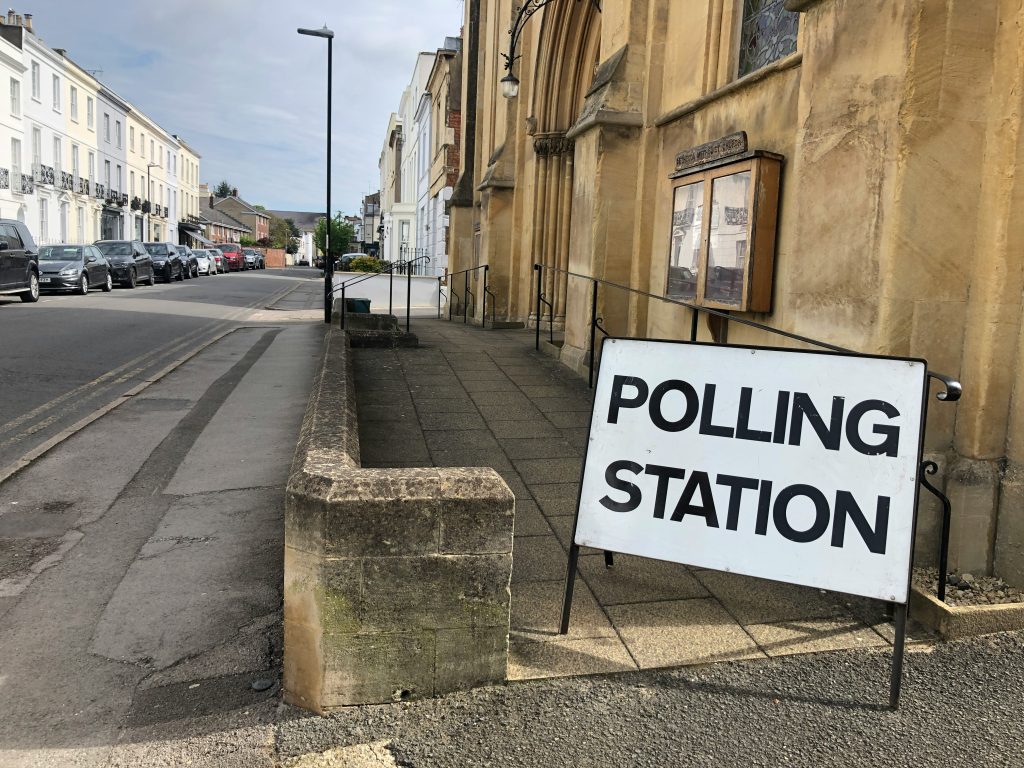
News
- campaign win
- Featured Story
- Updates
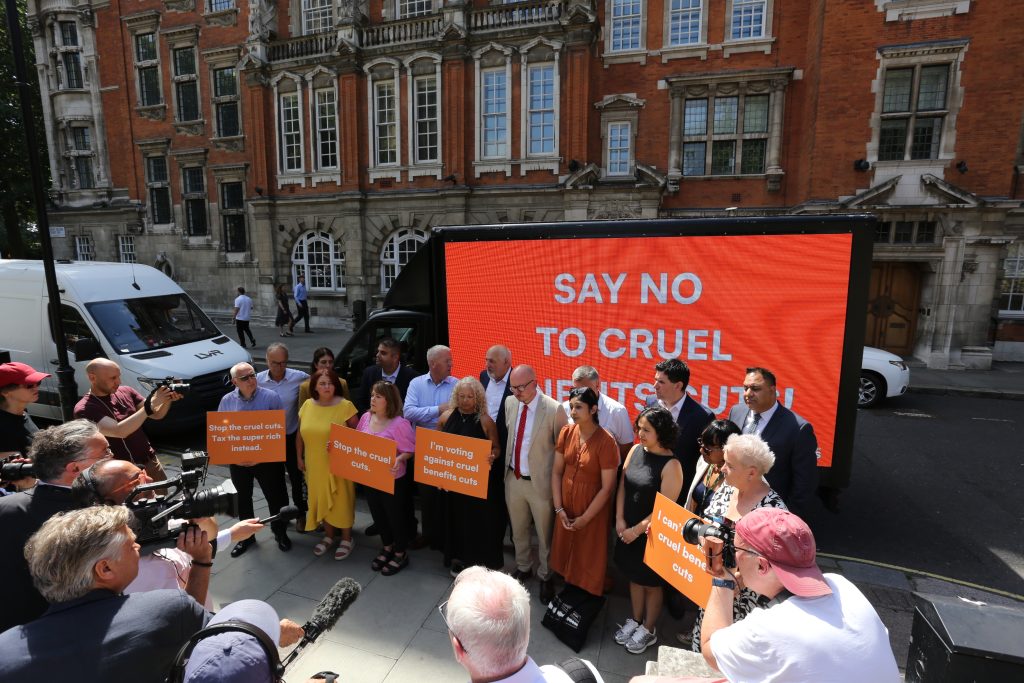
News


